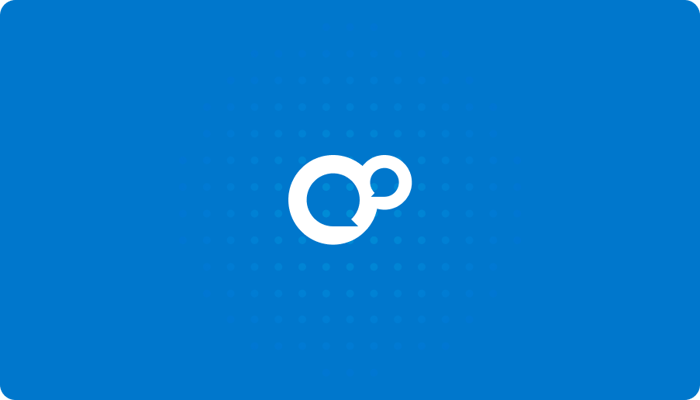I have always had an interest in computers, I started ‘programming’ at around 10 years old, configuring games as an attempt to increase my frames per second and decrease my connection ping.
I went through school ultimately thinking I was as thick as two planks. I couldn’t read out loud, couldn’t read from the board, got bad grades, and had terrible spelling and grammar. I was always placed in the lower sets and was constantly being told “Paul is capable of more, he just struggles to apply himself”. It was pretty difficult to hear this.
I felt I had all the information locked in my head and was unable to get it on paper (which is how we were graded, right?!). I was eventually assessed for Dyslexia at college after a referral by my tutor. I was 18 years old at this point and I’m grateful times are changing.
Fast forward some years; I had started working for a company in a technical support department. My line manager saw that I enjoyed messing with software and troubleshooting, so as a side responsibility during downtime, I rebuilt our internal FAQ site using HTML, CSS & some JS (it was more of a reward than anything else).
I then ended up building automated Google Script solutions, Bash Scripts and the odd NodeJS script. This was mostly due to my ever-increasing workload, so with the help of mentors, I automated most of the manual aspects of my role.
However, this wasn’t enough, I still thought I wasn’t able to be a software engineer due to being dyslexic. This went on for a further 3 years and I only programmed as a side responsibility, to automate tasks in the business and my team at the time.
In 2018 I took the plunge and was offered the chance to be a junior engineer. What I’ve learnt since is dyslexia makes absolutely no difference. If anything, it’s a bonus skillset to have in this role!
Yeah, you may typo the odd declaration (just add a spell checker extension to your VSCode), but it’s actually a benefit from speaking to other non-dyslexic engineers (bear in mind, we don’t know how to think non-dyslexic).
Here are some of the things I’ve learned that prove advantages.
- You have a holistic view of architecture.
- You can spot patterns and in turn spot an oddity.
- You can easily generate mental models.
- You can bring to the table a different way of thinking.
- You’re able to visually memorise a lot.
- You can remember syntax preferences for the project.
- You spot syntax oddities.
- You notice things in a PR that others may not.
- You can visualise and design processes.
- YOu easily spot possible bottlenecks.
There’s no doubt more, these are just my personal findings (it’s difficult to be 100% as I only know how to think like this).
A dyslexic is a valuable engineer for any software engineering team and is extremely suitable for the role (a good team is made up of a vast mixture of skill sets after all).
Don’t let past experiences around spelling and reading put you off. Configure your IDE preferences and have a go.
I do also have some tips I would love to share:
- Don’t hold back telling employers you’re dyslexic. I personally now see it as an added skill set, heck, put it in your CV under additional skills!
- One key thing is setting up your IDE and browser to help you;
You could use the OpenDyslexic font (bear in mind, screen sharing). Out of preference I personally prefer Verdana when coding. There is also a Chrome extension to enable the OpenDyslexic font across all webpages – here is a dev.to article explaining how to set up both. - I use the Henna VSCode theme which is extremely dyslexic friendly.
- Install a spell check extension for your IDE, I use Code Spell Checker in VSCode.
- Browser (specifically for Google Chrome): I use the Hacker Vision plug-in as it gives me dark themes for sites/platforms which don’t have this option.
- And Grammarly for writing Jira comments, emails and documentation.
Don’t be afraid to keep customising and trying things. What works for me, may not work for you. I have now enjoyed programming full-time since 2018 and I haven’t looked back. I honestly feel I’m cheating at life by getting paid well to pursue a hobby with like-minded individuals.
Dyslexia is great. Happy coding.
Paul



